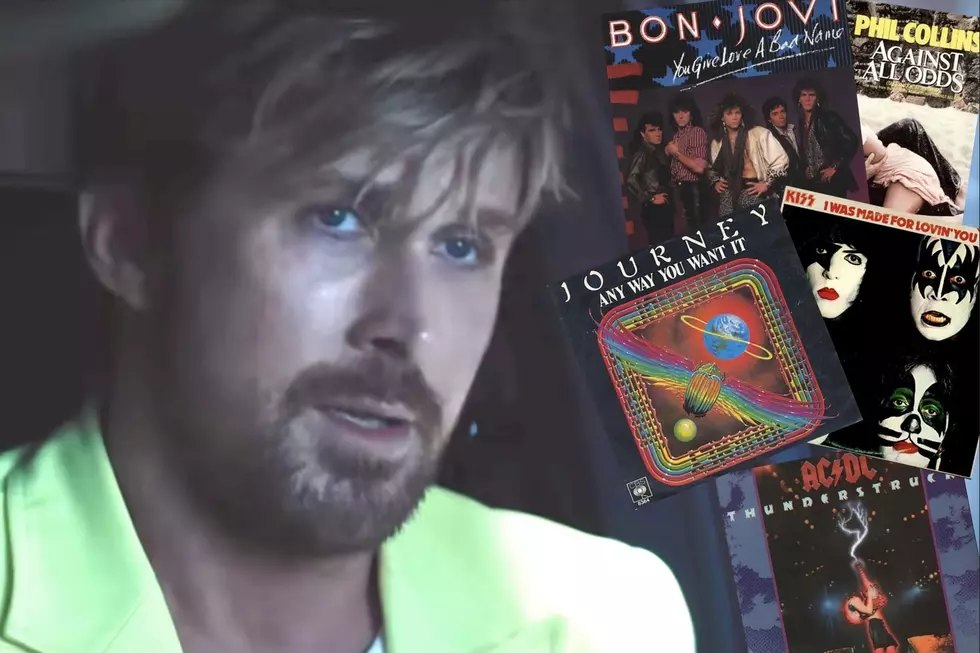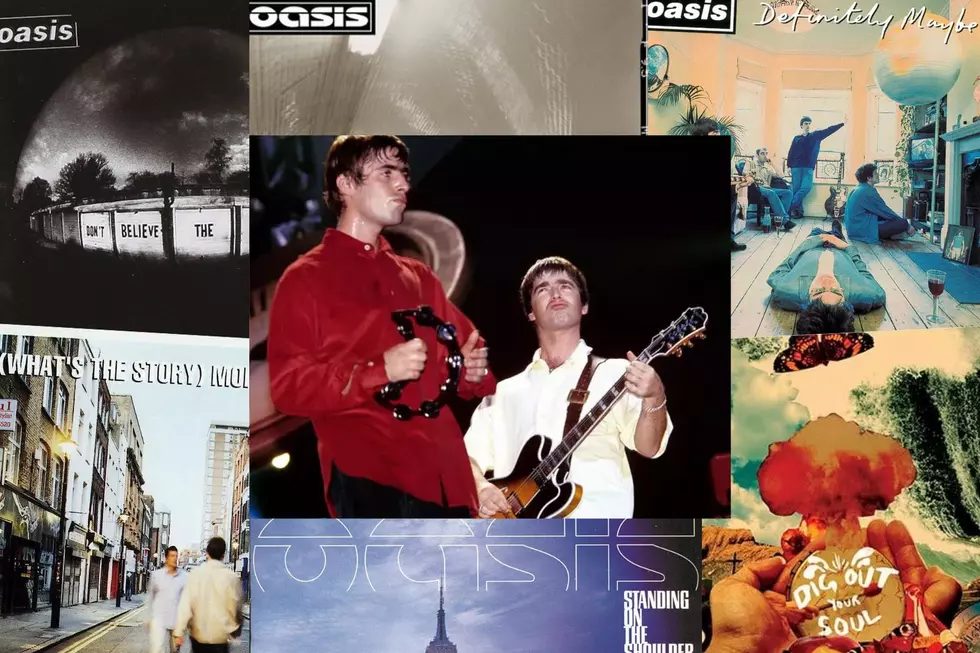
How the Kinks Reclaimed America With ‘Lola’
After their initial run of hit singles, the Kinks were banned from working in the U.S. for four years. But once it ended in 1969, the group looked to rediscover their commercial prospects in America, beginning with Lola Vs. Powerman and the Moneygoround, Part One, which was released on Nov. 27, 1970.
The ban was instituted by the American Federation of Musicians, who refused to grant the necessary work visas to them because of their onstage behavior. In the meantime, Ray Davies' growth as a songwriter in the late '60s went virtually unheard in America. Their subsequent attempts to tour in the U.S. in 1969 and early 1970 didn't go well, with many canceled dates.
However, in the summer of 1970, the classic "Lola" was released and the Kinks found themselves with another Top 10 hit, their first since "Tired of Waiting for You" in early 1965. It gave the group a bit of hope for some stateside success for Lola.
What Was 'Lola Vs. Powerman and the Moneygoround, Part One' About?
The record was part of their incredible run of concept albums at the time. But instead of detailing British working-class life, as on The Kinks Are the Village Green Preservation Society and Arthur, the theme was the music industry itself.
"The LP is the struggle of a band really deciding to fight back," said Ray Davies in Jon Savage's The Kinks: The Official Biography. From the outset with "The Contenders" through to "Top of the Pops" and "The Moneygoround," it paints a somewhat nasty picture of their chosen profession, but not without a sense of humor.
"The Contenders" kicks things off with a country-tinged intro before blasting into full-on rock and roll as Davies tells the tale of a dedicated follower of his own path. "I don't want to be a constructor of highways, a sweeper of sidewalks, I've got to do it my way," he sings, pleading his case for a life outside the norm.
Listen the Kinks Perform 'Lola'
The plaintive and beautiful "Strangers" follows. Written by his brother, guitarist Dave Davies, it's a slow and soulful tune that stands on its own with or without any link to the story. Many of the songs, such as "Denmark Street," Get Back in Line" and "The Moneygoround" are firmly tied to the theme of the album with direct references to the music business.
The Story Behind the Kinks' 'Lola'
The key song on the album is, of course, "Lola." Davies tells the tale of the narrator's encounter with the titular character, with references to drag queens, transgender encounters and the questioning of one's own sexuality. It was a step ahead of the curve for the pop music world, but Davies made it all work in just over three minutes. "'Lola' is a long, long story. A subject for a glossy paperback," Davies told Savage. "It's the kind of torment that anybody, in any situation goes through."
His use of double entendre is brilliant, particularly the line "I'm glad I'm a man, and so is Lola," leaving it about as open-ended as you can get. The song did create some controversy, not just about the sexually ambiguous lyrics, but due to the use of the brand name, Coca-Cola, which was changed to "cherry cola" for the single in the U.K..
"Top of the Pops," named for the legendary British television show rocks like vintage Kinks in a new world. The heavy guitar riff could be called a template for countless AC/DC riffs to follow. It's a dirty and powerful rocker that continues the music biz theme.
The rest of the album is filled with stellar songs. "This Time Tomorrow," "A Long Way From Home," and the hit that should have been, "Apeman," all rank with some of Davies' finest writing. Dave turns in another gritty rocker in "Rats" that features some snarling guitar tones and attitude. "Got to Be Free" ends things on the same musical theme the album began on, as it wraps up the cautionary tale of the music industry.
Davies would continue his trek of themed albums for several more to follow, but Lola Versus Powerman and the Moneygoround, Part One (there never was a part two by the way), is perhaps his finest moment as far as conceptual works, and, arguably, the last truly perfect album the Kinks ever made.
Top 100 '60s Rock Albums
Gallery Credit: UCR Staff
More From Ultimate Classic Rock









